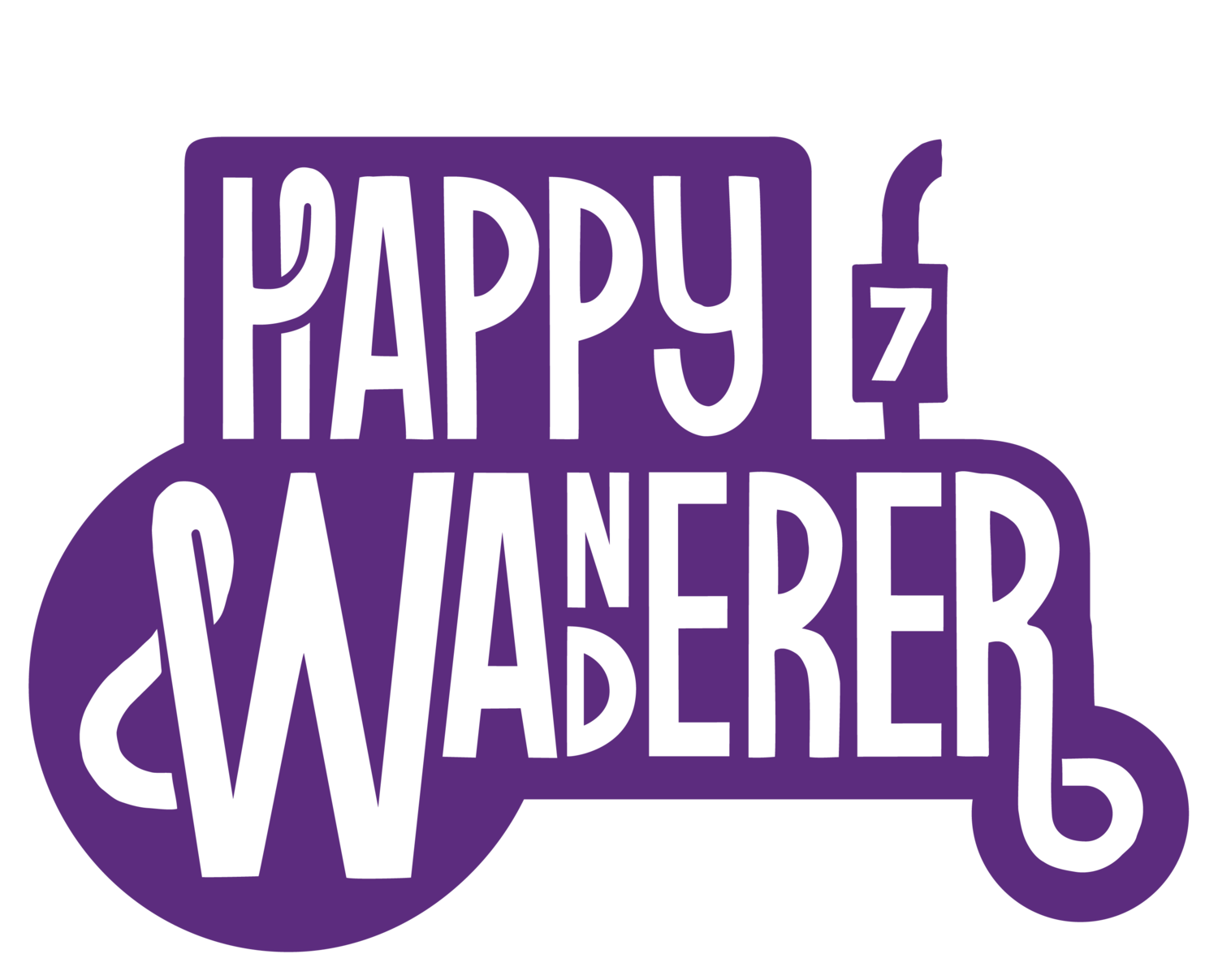Happy Wanderer Culture:
A place where everyone belongs
Our vision is for Happy Wanderer to be a place where everyone belongs. We welcome all people.
Happy Wanderer is a beautiful community where (almost) anything goes and everyone’s free to be themselves. The laws outside of festival apply within the festival but so long as you’re law-abiding and your behaviour doesn’t negatively impact anyone else, we want this to be your playground. Express your mood through interpretive dance, or fall asleep under a tree. The farm is your oyster.
Sometimes in life, even in sublime communities like Happy Wanderer, people do things that aren’t ok. Whether it’s harassment or casual racism, sexism or another ism, it’s not ok. At Happy Wanderer we encourage you to say, ‘that’s not ok’, or let a Helper know that something’s not ok. We will believe you and be discreet.
4 ways to say ‘that’s not ok’
Someone wise once said ‘the standard you walk by is the standard you accept’. If you see behaviour that’s not ok, we encourage you to say, “that’s not ok”. Here are a few ways to do it.
Call it out
Stay calm and say, “I don’t think that’s ok”. Please let a Helper know so any incidents or not-ok behaviour can be recorded and monitored, and action taken if required.
Call it in
Think a quiet chat would be better than calling someone out in front of others? Take the person aside and have a discussion. Let them know you didn’t think their behaviour was ok, and the impact it might have on others.
Check it out
Think someone’s being harassed? Try and make eye contact, or just wander over and start a conversation. You could ask if they want to go and grab some water.
Get help
If it’s not safe or you’re not comfortable intervening - get help. Anyone with a helper lanyard, the bar, first aid tent or chai tent can help. We will believe you and be discreet.
4 ways to respond to ‘that’s not ok’
If someone takes the time to let you know your behaviour isn’t ok, take the time to consider their perspective.
Acknowledge the feedback
Whether you agree with their point of view or not, it takes courage to flag someone’s behaviour. “Thank you for letting me know. I’m going to take that on board.”
Learn more
The emotional cost and time required to educate people about behaviour that’s not ok can’t always be the responsibility of the people who are impacted. If you want to learn more about how some behaviour impacts people, or being an ally, start with Google or trusted friends. Don’t make your education the impacted person’s responsibility.
Apologise
We all make mistakes. We’ll continue to make mistakes. Just not the same ones over and over. “I’m sorry. Thank you for letting me know. I’ll change my behaviour in future.”
Take time out
You might feel like debating whether your behaviour is ok or not - but that’s rarely a productive exercise. “Thank you for letting me know. I’m going to go for a walk and a think.”
If you feel unsafe at any time talk to us. We will believe you and be discreet.
